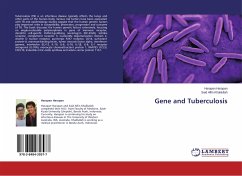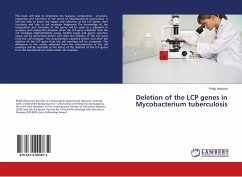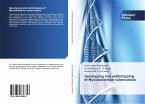Tuberculosis (TB) is an infectious disease typically affects the lungs and other parts of the human body. Various risk factors have been associated with TB and epidemiology studies suggest that the human genetic factors play important roles in susceptibility, protection, progression and outcome of TB. This book discusses the human genetic factors extensively, focusing on single-nucleotide polymorphisms in gene of mannose receptor, dendritic cell-specific ICAM-3-grabbing nonintegrin (DC-SIGN), toll-like receptor, complement receptor 3, nucleotide oligomerization domain 2, vitamin D nuclear receptor, purinergic P2X7 receptor, CD14, surfactant protein-A, mannose-binding lectin, tumor necrosis factor alpha, interferon-gamma, interleukin (IL)-12, IL-10, IL-6, IL-18, IL-1beta, IL-8, IL-1 receptor antagonist (IL-1RA), monocyte chemoattractant protein 1, RANTES (CCL5), CXCL10, inducible nitric oxide synthase and solute carrier protein 11A1.








